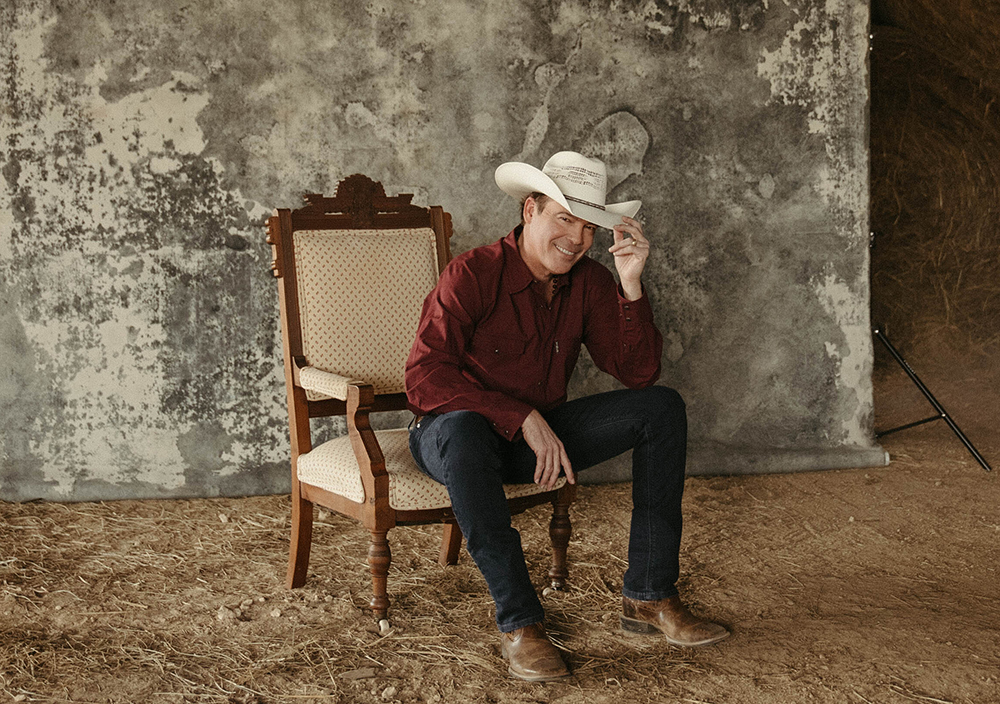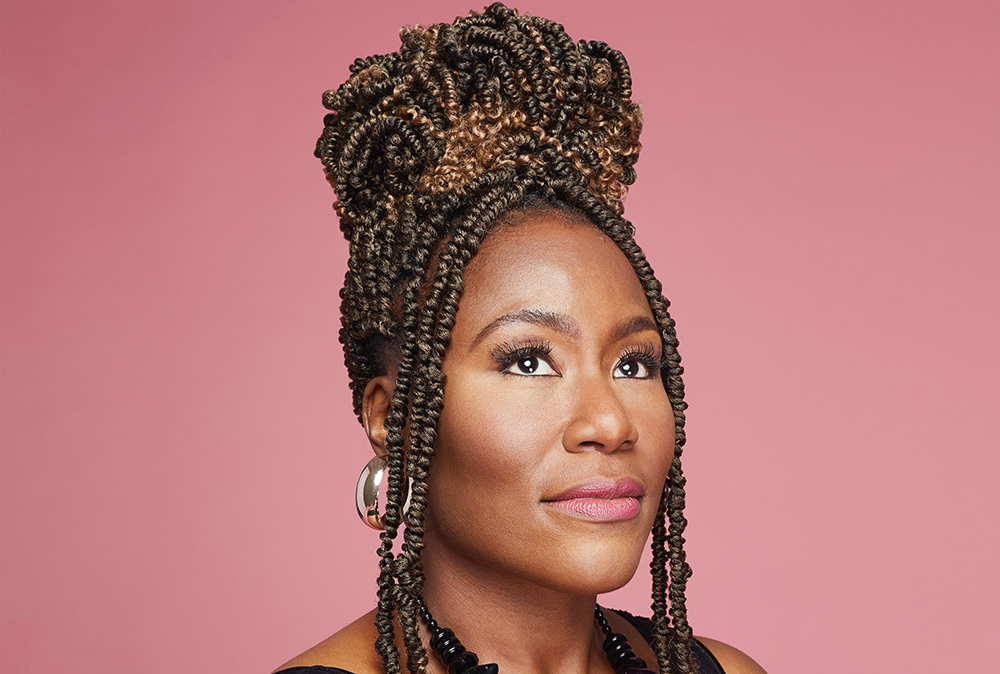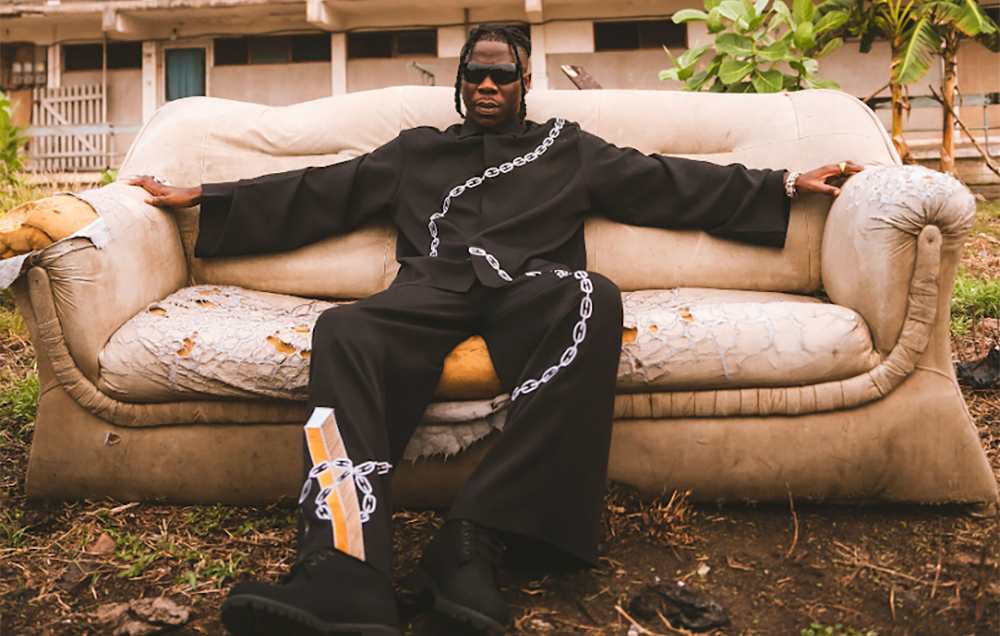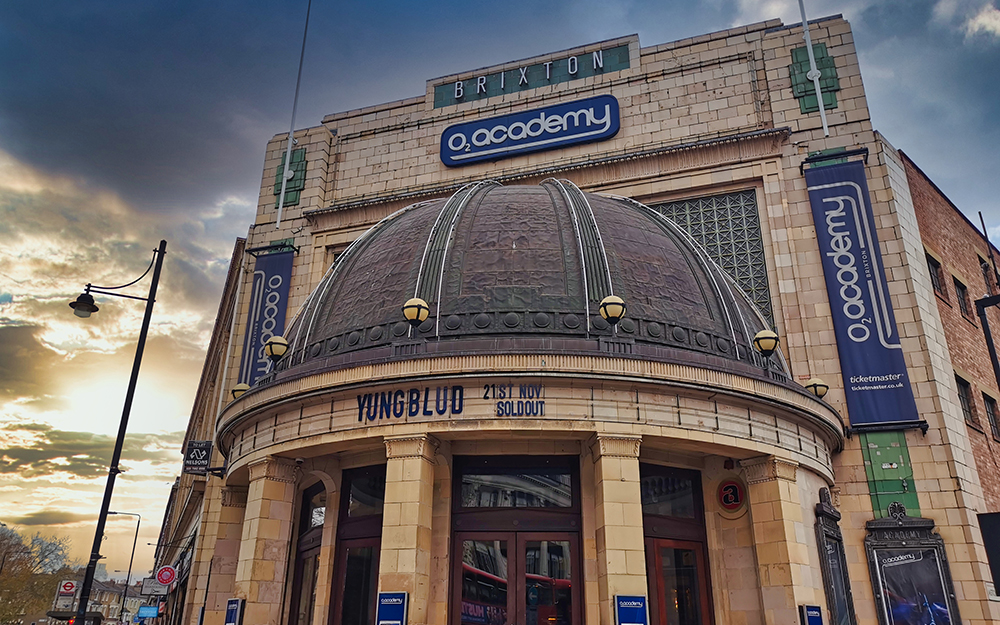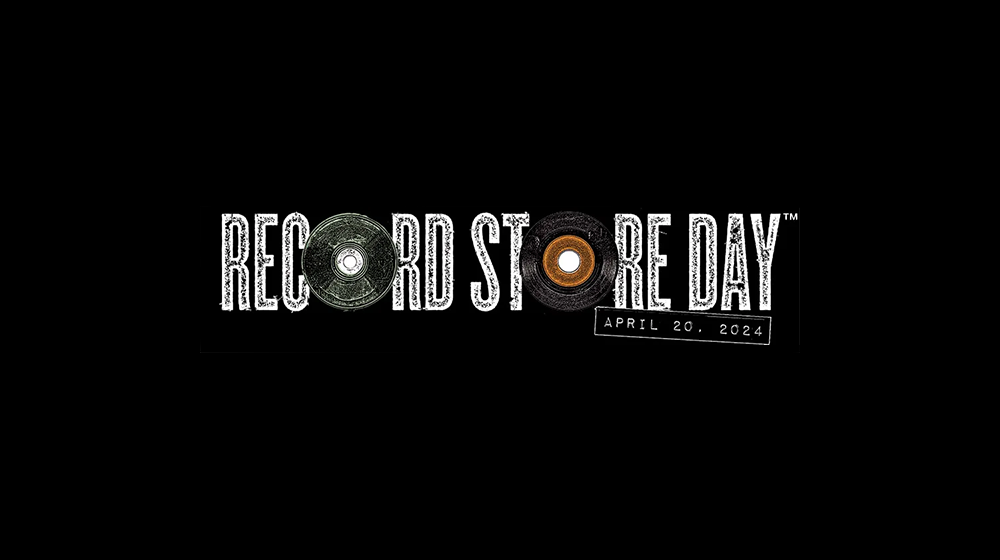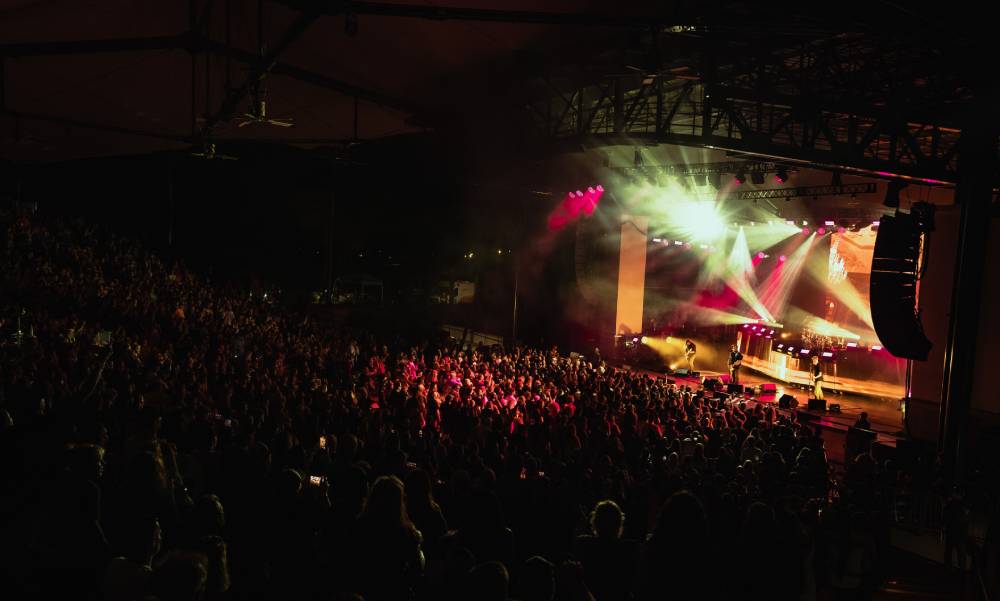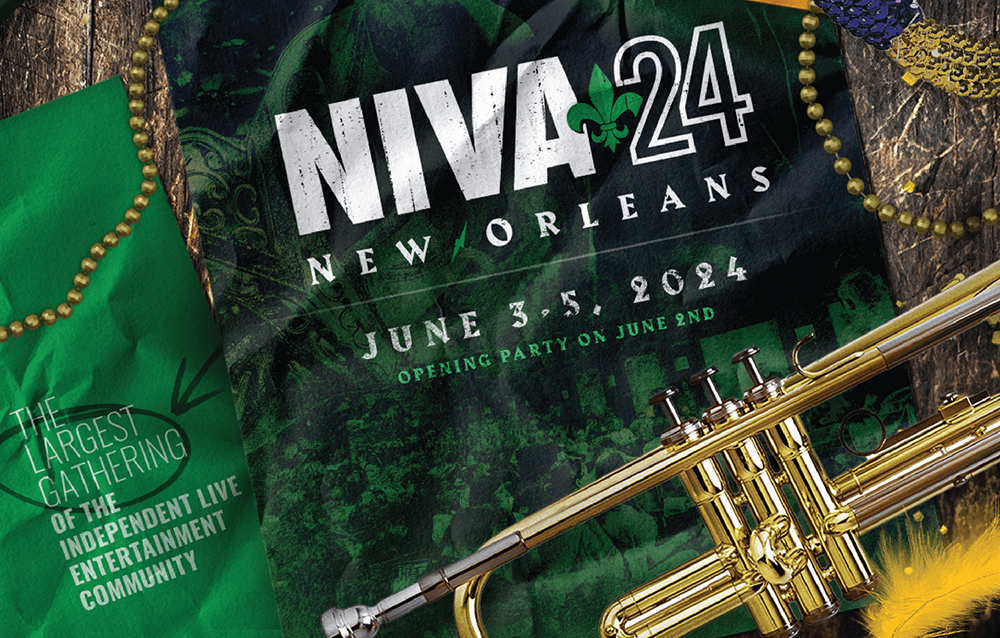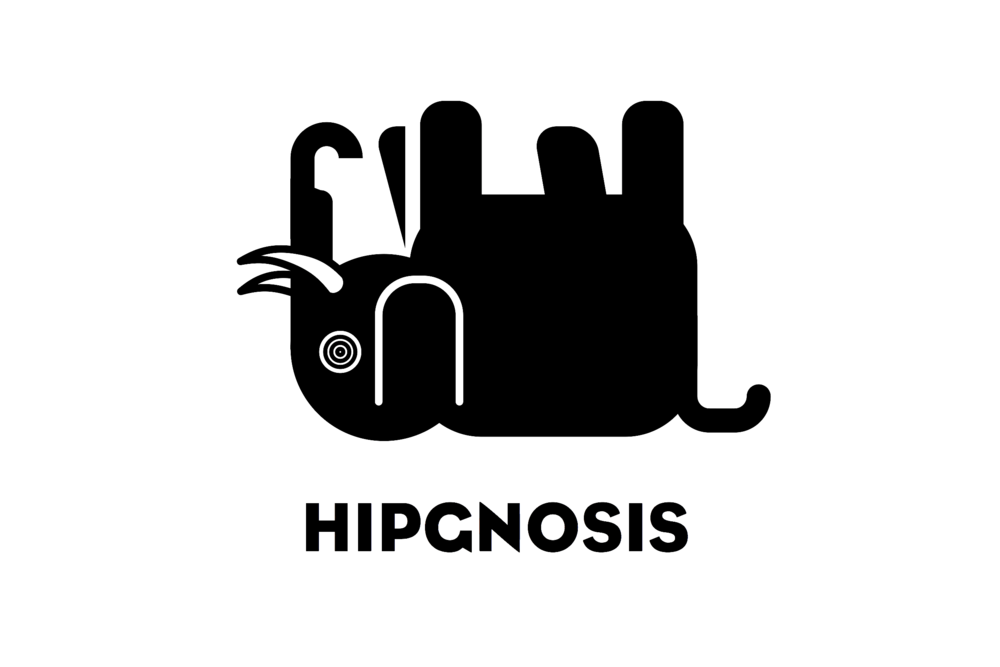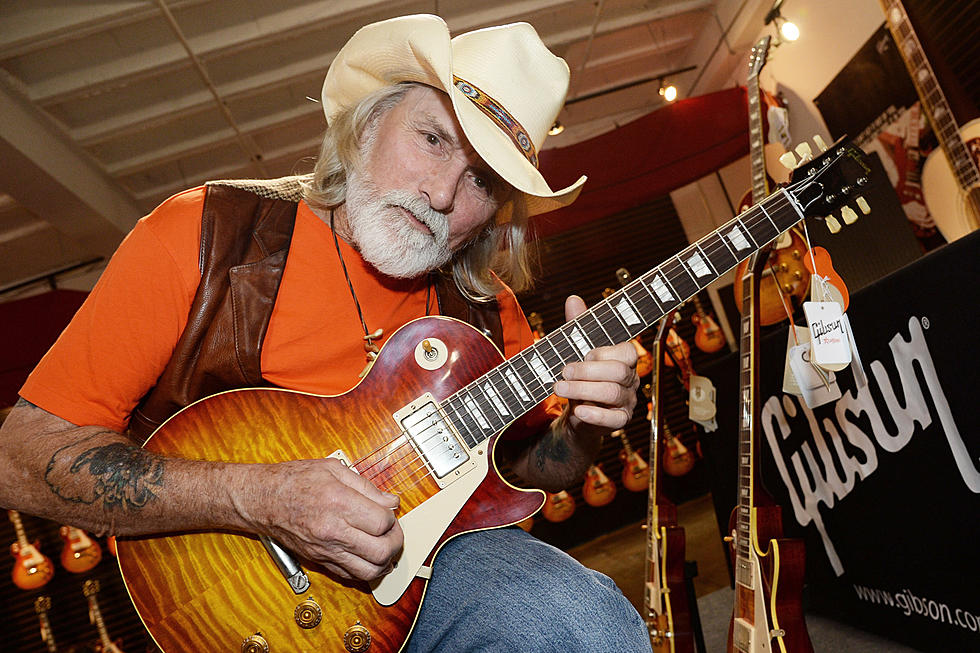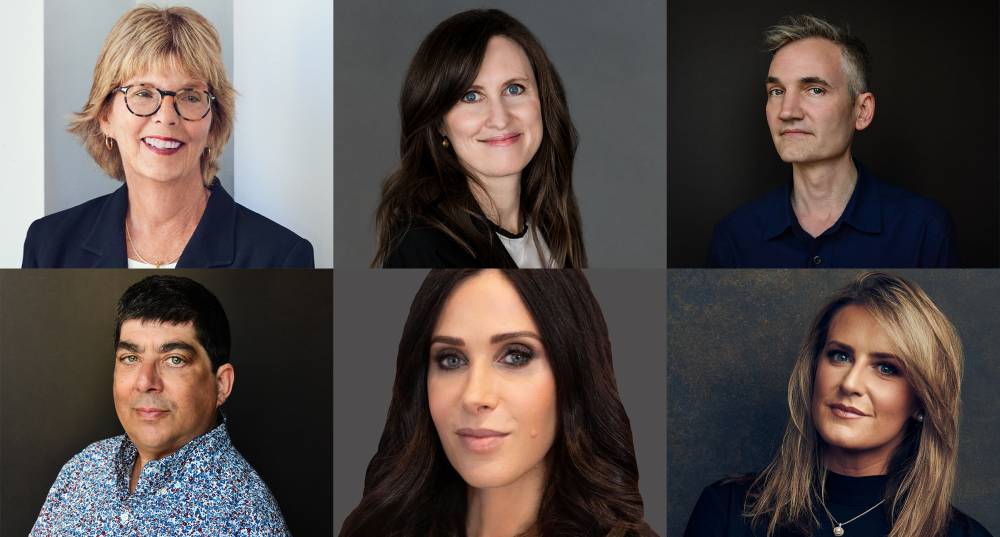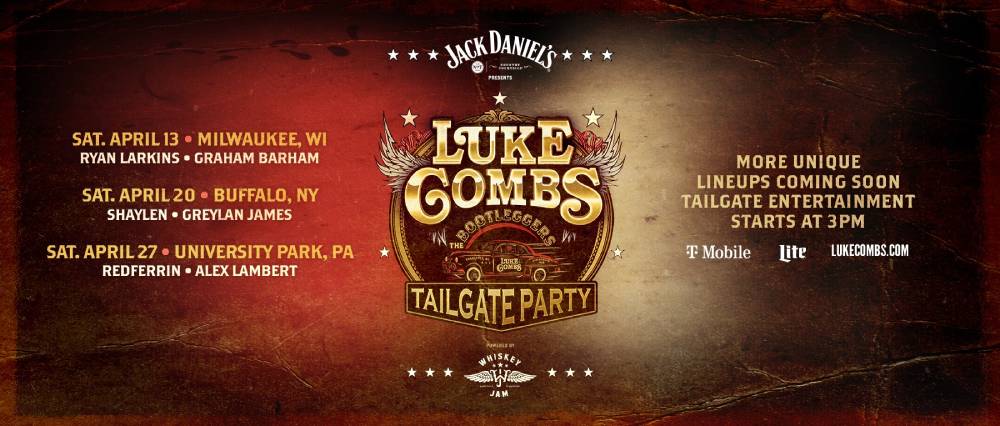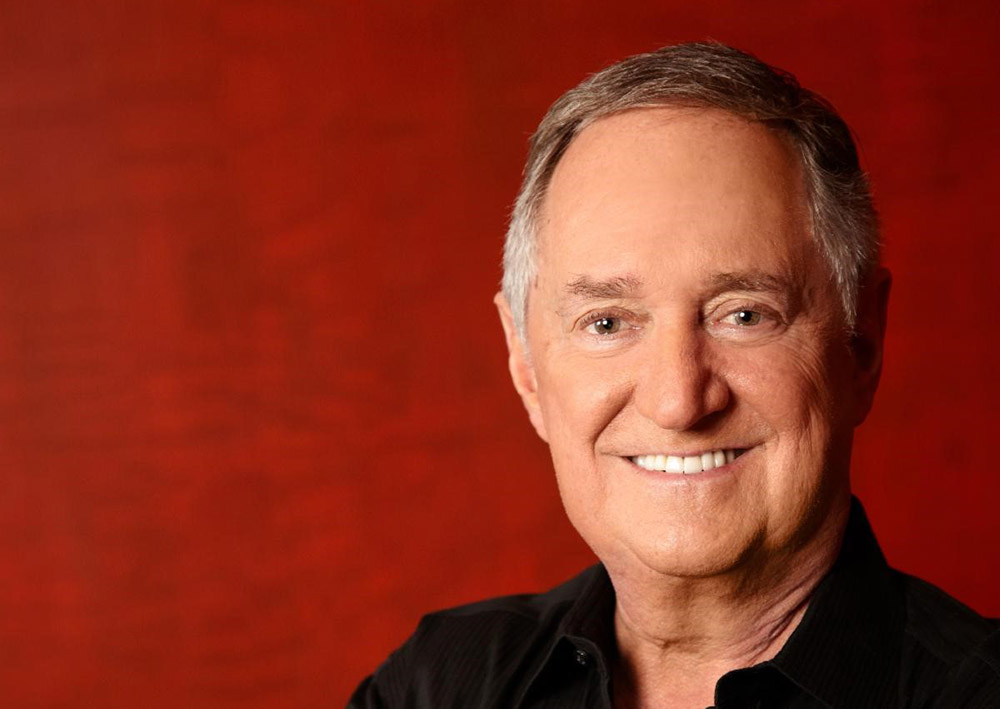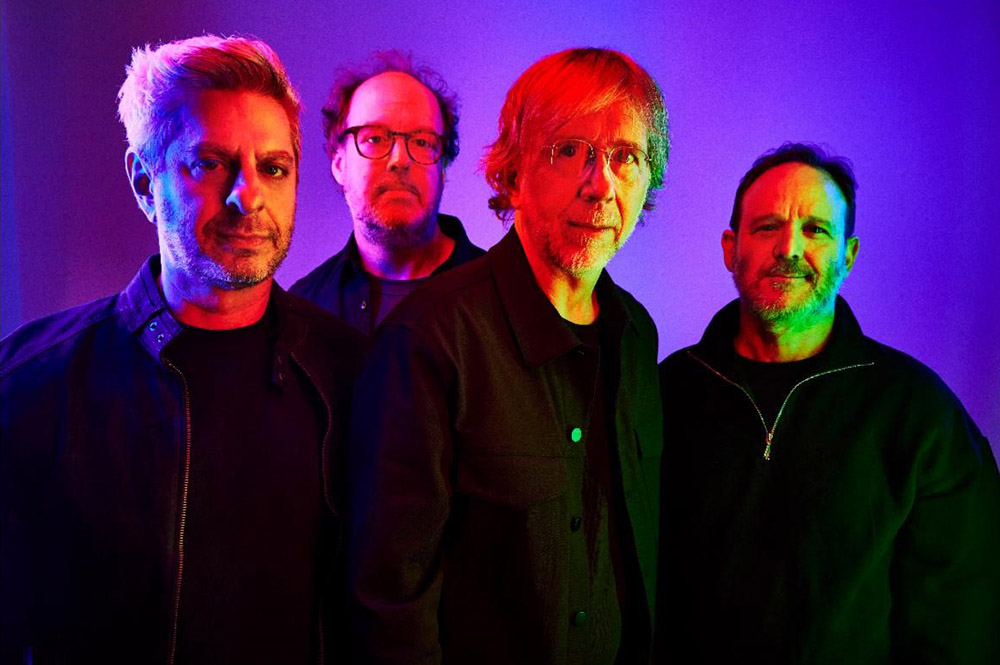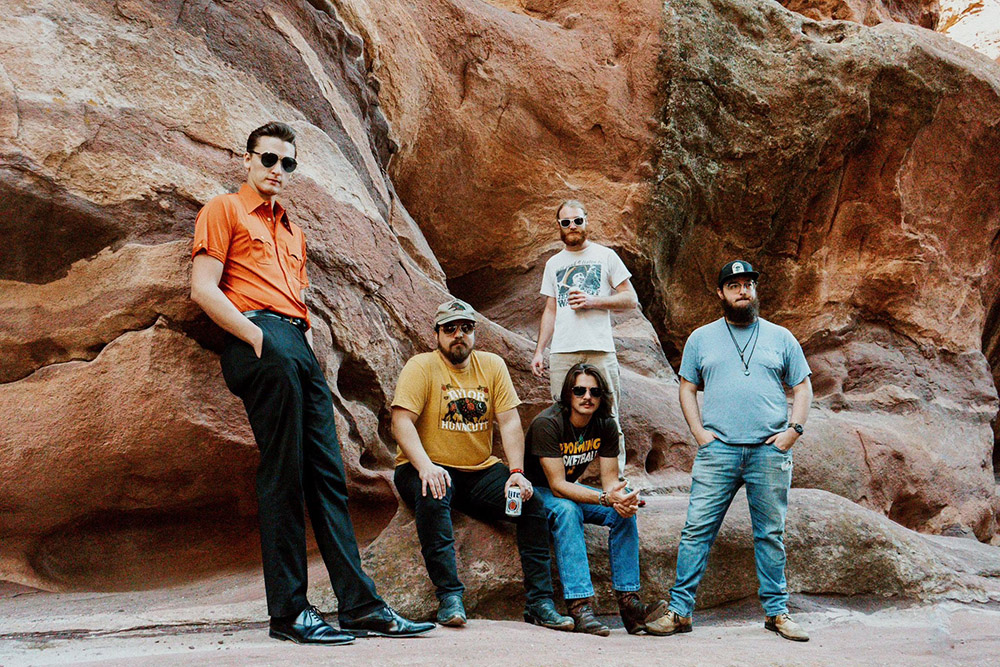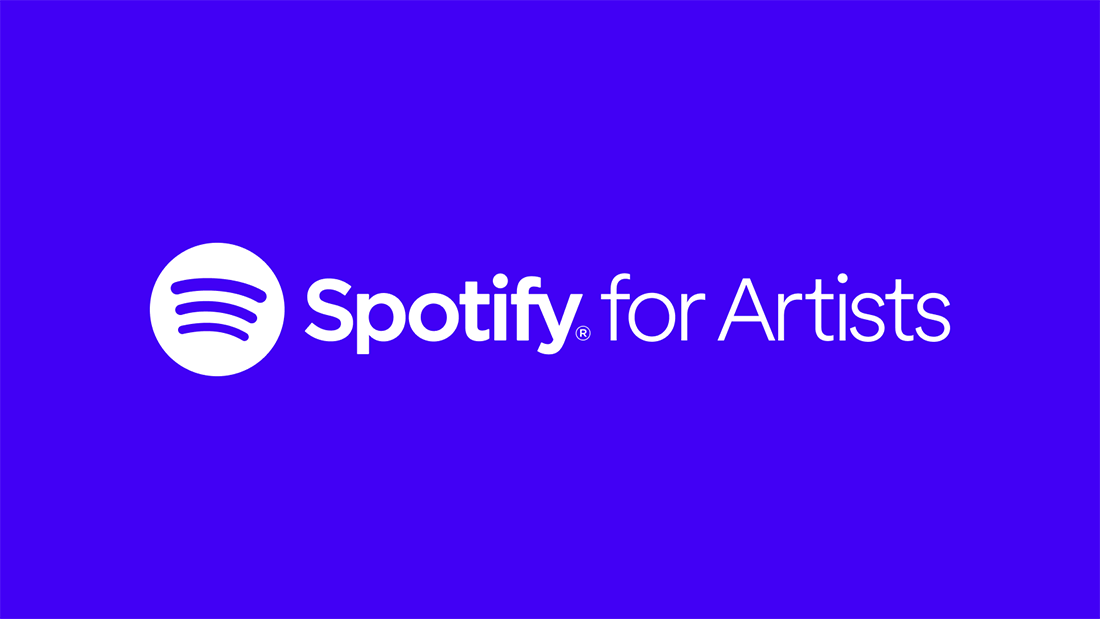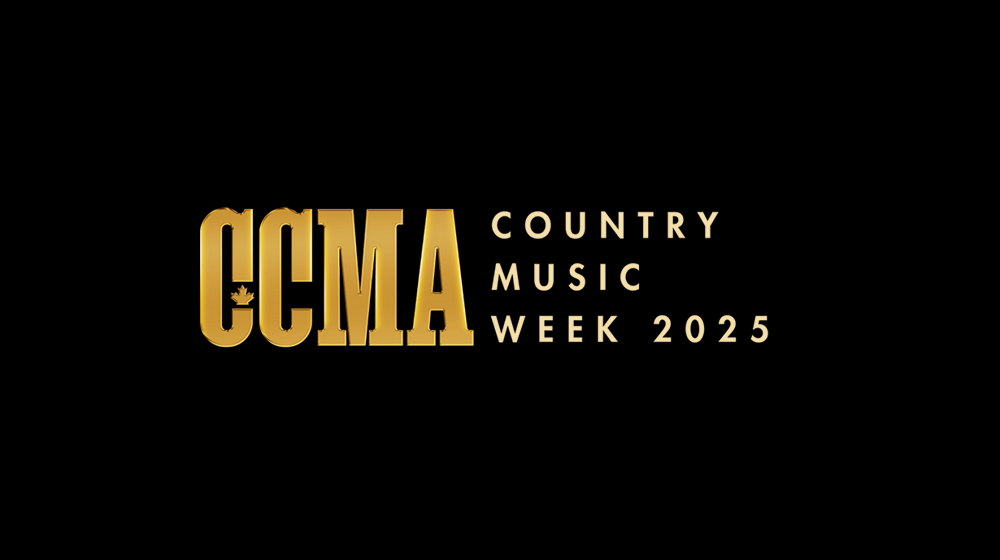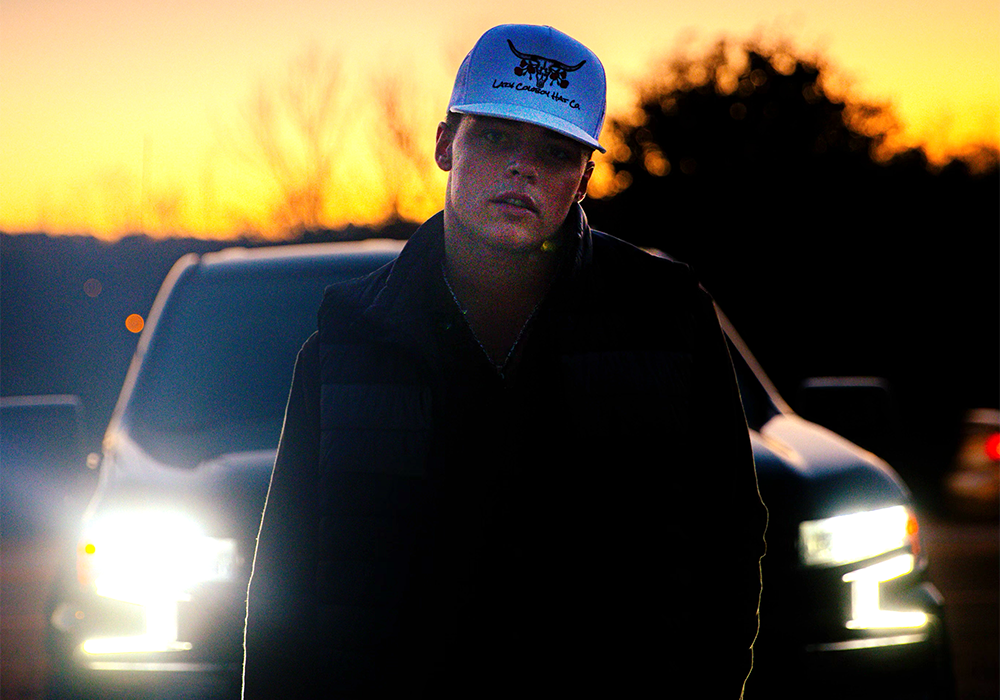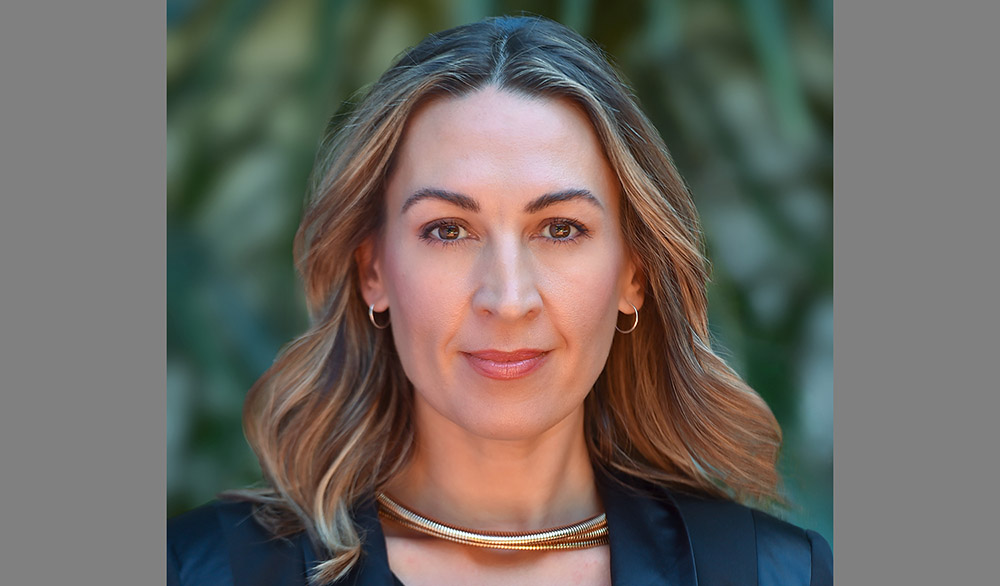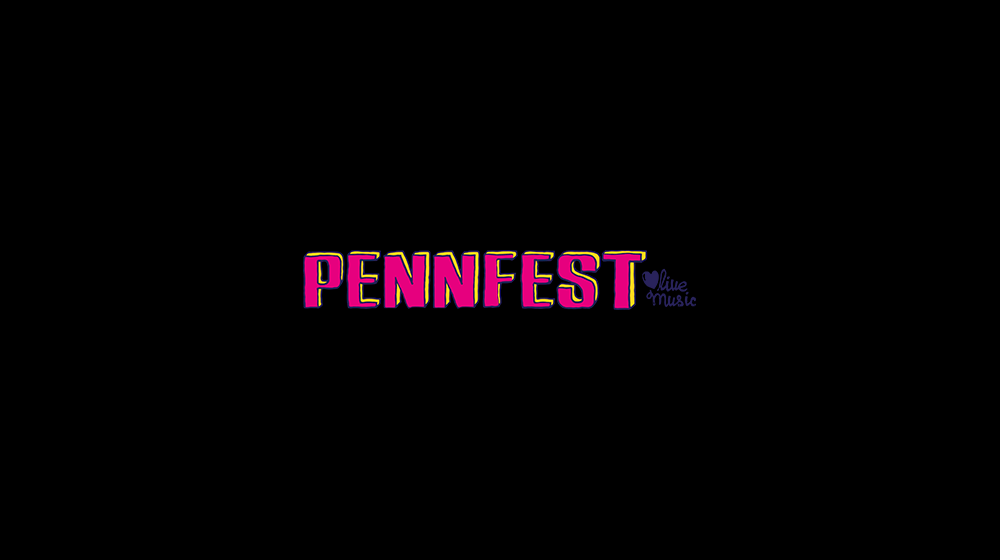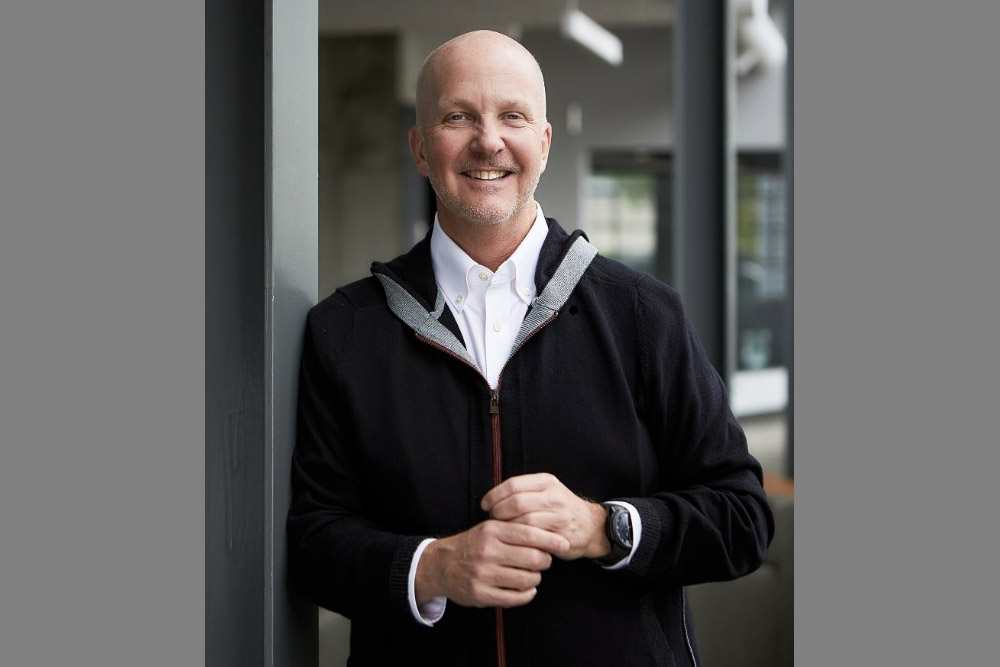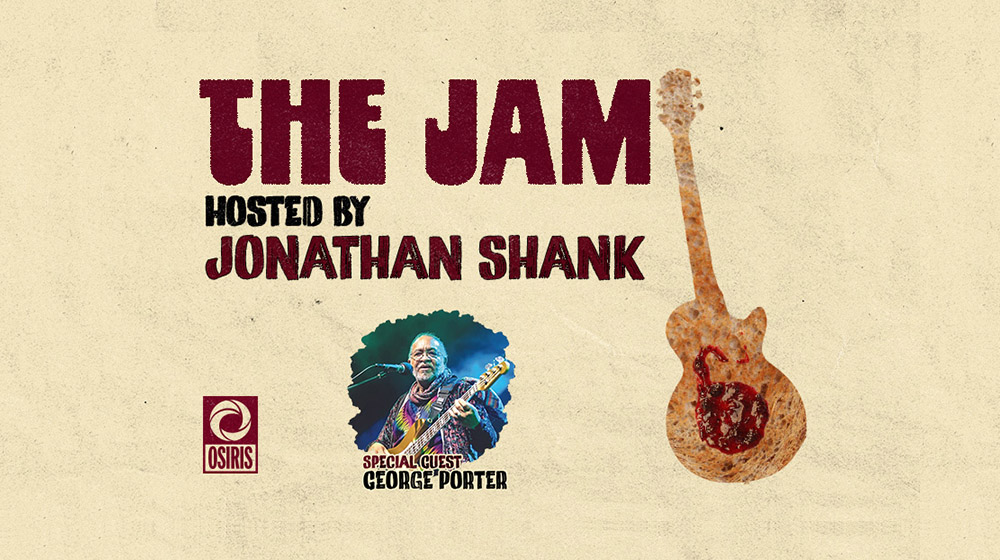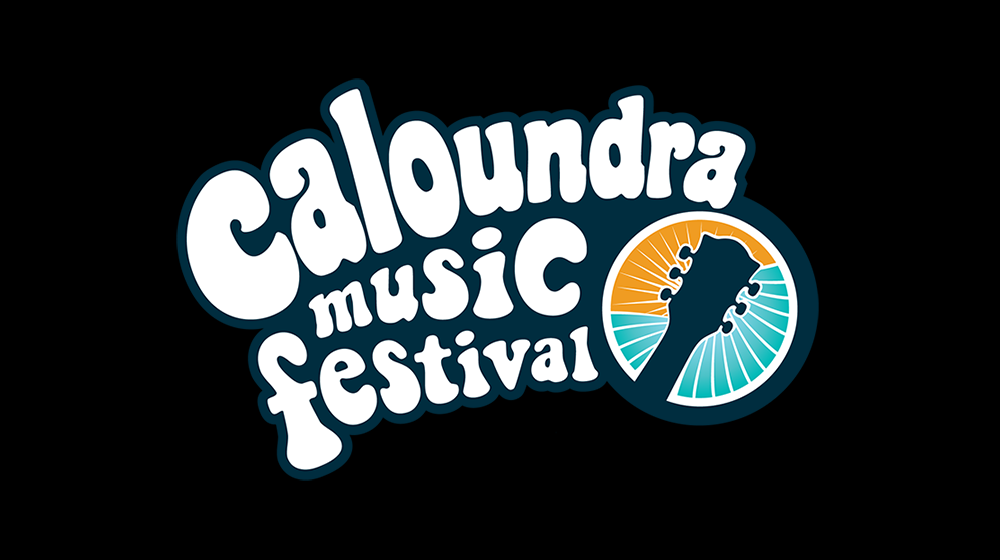
Lucian Grainge
"'It could be in five years that the digital landscape has the same choices as the physical landscape had 25 years ago,' Mr. Grainge said."
But it won't.
There's one iTunes, one Google, one Facebook, one Netflix, one Amazon… Anyone who thinks the future of music retailing will resemble the brick and mortar world of old is either duplicitous or dumb.
I'm sure Mr. Grainge is duplicitous. I'm not sure if he's dumb.
This is just boys with their toys. Men measuring their dicks against each other. Whenever they say it's about music, you know it's about money. Trusting what Mr. Grainge says is like trusting the pronouncements of Mitt Romney. The latter just wants to be President. Grainge just wants the Universal/EMI merger to close. Each will say whatever it takes to gain his just reward. Hell, wasn't it Romney's aide who said after the primaries the campaign will utilize an Etch A Sketch? Anybody who believes anything Grainge says will apply in the future is dreaming.
There's only competition online until one definitive winner emerges. To try to go up against this dominant player is to be Bing, a search engine Microsoft trumped up that is such a colossal failure, the company just took a write-down of $6.2 billion related to it, even after paying Yahoo and RIM to be the default search engine.
Katy Perry
Her film is a disaster. As in no one wanted to see it. At the end of the day, the distributor might make money, but what we learned here is…
Nobody cares.
You can have a number one single right up to release and you still may have few fans.
You live and die by the hit.
To build a fan base that will support you for a long time you have to have credibility and appear not to be chasing trends.
And speaking of chasing trends… Isn't that what Ms. Perry did here? There's nothing new about a 3-D movie for a tween star. That paradigm is just about as dead as Radiohead's name your own price protocol.
Fifty Shades Of Grey
20 million. That's how many books the trilogy has sold in the U.S. Half of them digital. (on.wsj.com/Ne2Ucd)
On the surface of it, it appears the music business is left in the dust. Only Adele, with just under 10 million albums sold in over a year, comes close. But if you look at single sales… There are numerous tracks that sell in excess of 5 million.
That's the new game. One of single ubiquity.
I know you hate it, I know you're living in the dark ages, I know you want to make an album-length "statement", but I'm telling you to wake up before you get left behind.
Album sales are sinking. They made sense as revenue events. But now labels won't pay you that much, and the albums don't last. The single is not about the money so much as the career. You can reach many more people with your single. But it must be so new and different or so cliched and forgettable that it gets millions to pay attention.
In other words, it must be "Somebody That I Used To Know" or "Payphone". Gotye's track was like nothing else on the radio yet it ended up being a monstrous smash. And if you think people are going to see him live because of his album, you're ignorant. People want to attach themselves to the phenomenon. And if he doesn't follow it up, he's toast. Same deal with Maroon 5.
But the point is Gotye was true to himself, Maroon 5 sold out.
But Maroon 5 is about business, money.
Which side are you on?
Either sell out to the whores who'll make you a track that sounds like everybody else's or write and record something so unique it stands on its own. The latter is harder, but replicate it a few times and you've got a career.
As for the album, no one's got time to listen to it.
In a world where no one's got time to talk on the phone, where tweets are under 140 characters and texts aren't much longer, do you think people really have time to listen to your hour plus piece of crap?
Viacom Versus DirectTV
And AMC versus Dish, while we're at it.
This is no different from the music business. Content companies keep wanting to make more and the purchaser is saying NO MAS!
Only in this case, DirecTV and Dish are surrogates for the consumer.
Cable TV is overpriced. The model is broken. You pay for what you don't want. Yes, if you unbundled the channels and bought them all individually, you'd pay more…but do you really want all of them?
Distributors have become emboldened. Same deal with Vevo versus YouTube… YouTube does not need Vevo to survive. Vevo has less leverage than it thinks. Meanwhile, is Vevo making money or losing it? Doug Morris is talking about high costs, and the financial statements are always evasive. Then again, people love their music videos. But never forget, distribution is king, not content. Hell, if content was king everybody would leave Netflix in droves, which keeps losing stuff. But instead, people pay and find something to watch, however crummy it might be.
Louis CK
This is not about him avoiding Ticketmaster. If you want to discuss ticketing fees, let's just say that Louis CK is willing to leave money on the table, and musical artists are not. It's just that simple. Louis CK is willing to put in more effort and make less. Crybaby musicians won't do that. Not anybody with a fan base (don't email me and tell me you'll do it, nobody wants to see you!)
This is about radio.
But it's about more than that. It's about challenging the system.
Everybody thinks there are rules. But really, there are very few. You can choose to do it the man's way, but oftentimes you emerge further ahead in the game if you do it your own.
Read all of this, from an Louis CK interview in the A.V. Club:
"LCK: Yeah, well, I like to try stuff. I like to try to see if something can work. It's really satisfying to figure out, 'What if we try it this way? What if we made it way more pleasurable and cheaper to come see me? Or to watch my show online? And if we do this right, how much benefit were we getting from the giant companies?' The first time I ever toured in theaters – the first time I toured, really. You do comedy clubs, it's just working clubs, but the first time I went on a tour in theaters – they were like 500-to-700-seat theaters, my agent asked me some blanket questions, like, 'Here's what's going to come up,' and he said, 'What is your radio tolerance?' That's what he asked me. He said, 'What presence are you willing to let radio people have at your shows?' and I said, 'Give me an example.' And he goes, 'Well, here's all the things they will ask for in every city: Thing one is that the radio personality gets to come onstage and introduce the show. And the second thing they're going to want is a van outside, broadcasting from the show. Then they're going to want a banner onstage, with the name of the radio on it. Then they're going to want a table out in the lobby with bumper stickers.'
He just made a list of, 'Here's the things that they will want.' Another one was meet-and-greets. They get to give away tickets, and the DJ introduces you to the contest winners who won the meet-and-greets. Ten minutes with you alone in a room where you take pictures and stuff. So they said, 'What of these things are you willing to do?' And I said, 'Let's say no to all of this.' (Laughs.) One hundred percent of it. As a professional courtesy, if a radio DJ wants free tickets, he can come to the show. He can't come backstage. He certainly can't come onstage. They may not have their logo on any of the shit on the stage, anywhere near it. I want people to come to the theater and feel like they're just coming to see this; they're not being promoted to. I don't think there's anything more obnoxious than when someone has paid to be somewhere, to be promoting to them. That they're paying to be advertised to is really annoying to me.
I said to him, 'Let's do none of it.' And he said, 'Well, here's the thing: If you let them do these things, then they talk about your show all the time. They talk about your show on the air, and you get more free promotion from radio stations. If they get to say, "I'm going to be there'" they'll get more into it.' And I said, 'Well, first of all, I don't want people at my shows that are there to see the DJ. I just don't want them to come.' And I said to my agent, 'Let's find out if this is a huge mistake. Let's find out. I'm willing to sacrifice my first theater tour and have the places empty and identify that it's because I wouldn't let the radio people participate. But we also might find out that it didn't make a difference and that I never have to do it.' (Laughs.) Because you can't roll that shit back once you've started.
Anyway, the obvious story is that it didn't make a fucking difference. It didn't matter."
The little things count. There's a price to whoring yourself out to not only radio, but Fortune 500 corporations. You take the short term money in lieu of the long. Then again, your handlers only care about the short term dough…
Hell, ask Lucian Grainge if he'd have bought EMI if it were his dough. The deal doesn't look good on paper. But it's the company's money, so who gives a shit.
Do you give a shit? About your art, your career, your fans?
Then learn how to say no.
No one's said no in the music business for a very long time. Unless it's some faux artistic decision, insisting on something that doesn't even matter.
It's about time people started saying no again.
You don't need the Fisker. You don't need the private jet. You're just keeping up with the Joneses.
It's a privilege to play music for a living. Even more, it's a privilege to have an audience. Respect that.




















